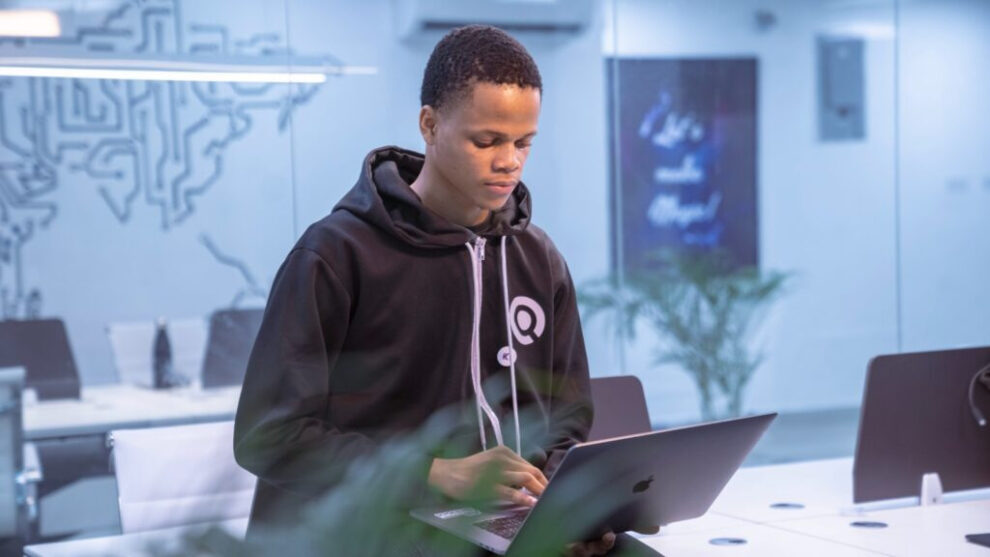In early February, I was in San Francisco, and every conversation I had that week included the word “AI”, frequently followed by “disrupting”.
But no one mentioned Africa.
For a continent already 1,430,833,527 strong, growing by more than one human per second (2.49%YGR) with 60%+ under the age of 25, how did they miss this?
Africa missed out on the industrial revolutions and slowly asserted itself within the knowledge economy. Now, as we transition into the skills economy, Africa needs to be part of — or even leading — the conversation.
There’s a major unemployment epidemic ahead with companies’ layoffs and the need for talents to reskill globally, and the world is moving toward automation. But we (Africans) have a tremendous opportunity before us. For the first time, we can learn in the same space with other parts of the world.
The internet, automation, and virtually-distributed resources have levelled the playing field in ways physical infrastructure never could for the Continent.
Education remains a fundamental pillar supporting the growth and development of any nation. As the world rapidly advances towards a more digital and automated future, it is essential that we equip our youth with the necessary skills and knowledge to navigate and thrive in this changing landscape.
Clearly, solutions that succeeded in the West won’t scale on the Continent. We have to leapfrog our learning solutions. The same way we leapfrogged telecom and digital banking solutions. We have to do it again. Internet penetration will only continue to accelerate Africans’ ability to access affordable education online. Our mobile phones and computers are no longer communication tools, but also our schools and hospital, among others.
See, Africa doesn’t have the capacity to build physical infrastructure to support our urgent needs. MIT alone has a larger yearly operational budget ($4.2B) than is spent on all levels of education across the entire country of Nigeria ($2.8B).
We know that the curriculums in Africa are obsolete. We know we have an unemployment epidemic. We know our skills simply aren’t serving us. But this is not the time to point fingers or blame those trying to move the needle. This is not a time to fight higher education institutions churning out students. This is the time for us to put our hands together and make something happen.
The future for African youth is bright. Representing a majority, they will lead the global economy within the next decades. We know that Nigeria alone will have one of the top three largest populations, surpassing the US by 2050. As populations recede in most “developed” nations today, the world will have no choice but to let Africa play on the global stage.
For the first time, Africans have the opportunity to learn at the same pace as the rest of the world. As the world is re-learning, we have the opportunity to learn the same skill sets — this time, in real-time. By teaching Africa at scale, we can position the Continent at the forefront of the global economy.
That’s why AltSchool Africa aims to support traditional schools by providing them with access to cutting-edge technology, future-proof curriculum, and resources. We are working with universities to ensure their students are empowered to participate in the future. We’re supporting their curricula to equip our youth with relevant, in-demand skills they need to thrive in tomorrow’s economy. We are placing earning power back into our talent’s hands, preparing them to leverage their skillsets to unlock and access opportunities at scale.
We support traditional schools preparing them to bring out the true potential of tomorrow’s leaders.
No one knows exactly what the future holds. But, education remains the best predictor of future success. We must prepare our youth today to participate in the workforce of tomorrow. To build the future, we need everyone to come together. We need individuals, universities, private schools, governments, and investors who believe in the future of education in Africa. We need you all on board.
We’ve reached an inflection point. This is the time for us to awaken and take action. If you are excited to discuss the future of education, my inbox is always open.
Source : TechPointAfrica
















